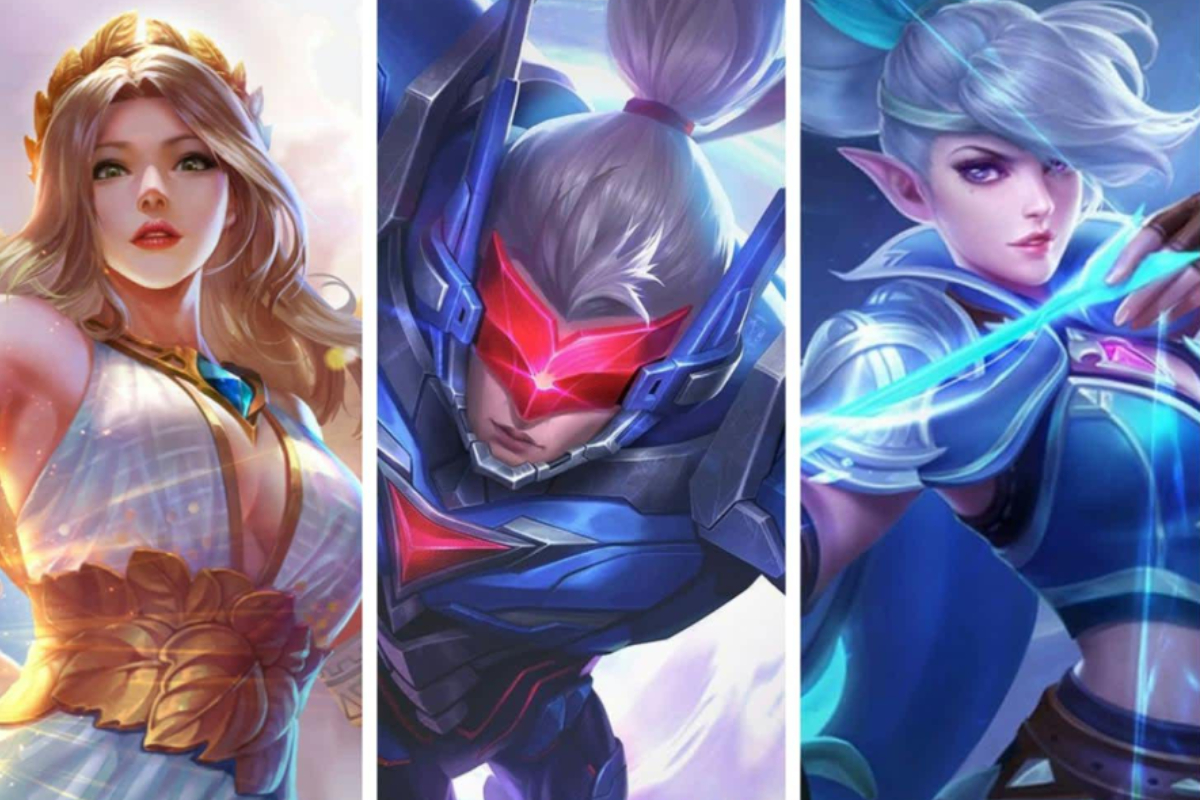Game theory is an important concept in competitive play, helping players understand their opponents’ moves and plan more effective strategies. By applying game theory, decision-making is improved, contributing to success in every match. Whether you’re a gamer or aspire to excel in competitive play, you’ll undoubtedly benefit from the ideas of game theory to succeed in your battles.
Key Concepts of Game Theory and Competitive Play
To better understand the significance of game theory in competitive play, let’s explore its core ideas and principles in relation to games. Here are some key topics that can help you enhance your strategy in your games:
- Understanding Game Theory: Learn what game theory is and how it’s used in games.
- Principles of Game Theory in Competitive Play: Discuss key concepts such as Nash Equilibrium and Dominant Strategies.
- Game Theory in Different Types of Games: How it applies to games like RTS, Fighting Games, and MOBA.
- Predicting and Optimizing Strategy with Game Theory: Tactics and moves based on game theory.
- Evolution of Strategy in Games: How the use of game theory has changed over time in competitive play.
Understanding Game Theory
Game theory is a discipline that studies the strategies of participants in a game or competition. In simple terms, it’s the study of how each player behaves in a competitive situation to achieve the best possible outcome. Game theory isn’t limited to games; it also has applications in business, politics, and other areas of life.
In the world of competitive play, game theory allows players to make the right decisions based on their opponents’ moves. For example, in a game of chess, it’s not just about your move, but also how you anticipate your opponent’s move to prepare the right counter-strategy.
Principles of Game Theory in Competitive Play
To deepen our understanding of how game theory affects games, we need to examine its basic principles. These concepts guide players on how to plan their moves and how they help in decision-making in competitive play.
Nash Equilibrium
Achieving the Right Balance One of the core concepts in game theory is Nash Equilibrium. This occurs when all participants in a game make their moves in such a way that none of them can change their strategy to improve their position, as long as the other players don’t change their moves either. In simple terms, it’s a point of balanced decision-making.
In competitive play, Nash Equilibrium can be seen in games where each player has exact knowledge of their opponent’s moves. For instance, in tic-tac-toe, if both players are skilled enough, they will reach a draw without any winner. No player can change the game to secure a win.
Dominant Strategies: Choosing the Best Move
A dominant strategy refers to the best move a player can make, regardless of the opponent’s actions. If a player has a dominant strategy, it’s the most effective move to achieve success.
An example of a dominant strategy in Rock, Paper, Scissors is randomizing your moves. By not reading your opponent’s moves and playing unpredictably, your decisions become harder to anticipate, making them more effective.
Mixed Strategies
Adding Chance and Unpredictability A mixed strategy involves using different tactics or moves to remain unpredictable to opponents. In game theory, using a mixed strategy is an effective way to maintain your advantage in the game.
An example of a mixed strategy is poker. Each player has the opportunity to bluff or pretend to have a strong hand, and game theory helps decide when the right moment is based on the opponent’s signals.
Game Theory in Different Types of Games
Game theory has varying applications depending on the type of game. In each genre, there are specific strategies related to how opponents move and how you react to it. Let’s explore how game theory is useful in popular games like RTS, Fighting Games, and MOBA.
Real-Time Strategy (RTS) Games
Choosing the Right Attack and Defense Strategy In RTS games like StarCraft and Age of Empires, game theory comes into play when choosing strategies for gathering resources, building units, and planning attacks and defenses. Every move by the opponent tests your ability to plan and adapt to game changes.
For example, in StarCraft, if your attack is too aggressive and you don’t consider the long-term effects on your economy, you could lose to an opponent who is better at managing resources and defense.
Fighting Games
Reading Opponent’s Moves In Fighting games like Street Fighter and Tekken, game theory allows players to analyze how to read their opponent’s moves. Players use game theory to decide when to perform a combo, block, or set up misdirection.
Game theory in Fighting games focuses on “mind games,” where not only your physical skills matter but also your ability to read and influence the opponent’s decisions.
Multiplayer Online Battle Arenas (MOBA)
Planning Team Strategies In MOBA games like Dota 2 and League of Legends, game theory plays a crucial role in selecting the right heroes and setting team objectives. Having the right strategy in team fights, securing objectives like turrets, and landing “last hits” are all vital for success.
For example, in League of Legends, players use game theory to plan their moves in each phase of the game: from the laning phase to the late game. Proper use of time and resources is an effect of game theory on team coordination and decision-making.
Choosing the Right Strategy Based on Game Theory
In competitive play, the right strategy depends not only on your own strength but also on your ability to read your opponent’s moves. Game theory becomes a guide for choosing strategies that benefit your team and counter your opponent’s actions.
Predicting Opponent’s Moves
One of the main aspects of game theory is the ability to predict an opponent’s moves. In competitive play, this refers to having foresight—the ability to decide based on what the opponent is likely to do. This skill is crucial, especially in games that require strategic thinking like chess and Dota 2.
Optimizing Strategy with Information
Asymmetry Information asymmetry refers to situations where one player has more information than the opponent. In game theory, this is used to make decisions that have a high impact on the game. For example, in games like poker, bluffing and giving false information are tactics to gain an advantage over the opponent.
How Strategy Has Evolved in Games Over Time
With each new game that comes out, game theory continues to evolve. As technology advances and more gaming platforms emerge, strategies in competitive play are constantly changing and becoming more advanced. In modern esports tournaments like Dota 2 International and League of Legends Worlds, strategies are carefully planned and analyzed using advanced tools and analytics.
How Game Theory Can Help Your Competitive Play
By using game theory, every player gains a deeper understanding of how each move works and how to manipulate the game to succeed. With every move, there are decisions that require the right blend of logic, strategy, and psychological insight.



